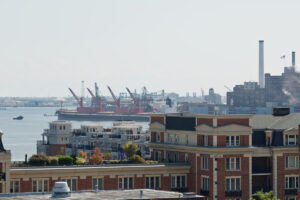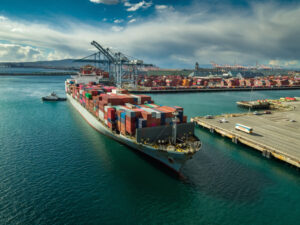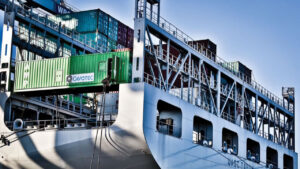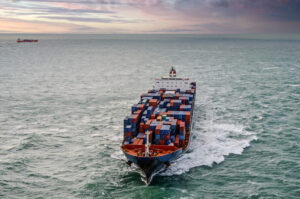The government of Queensland, Australia, has announced an AUS$21 million ($15 million) project to improve the region’s shipping industry and maritime connectivity.
It is the latest initiative designed to make Australia’s internal supply chain more efficient and will specifically focus on building a so-called ‘blue highway’ along Queensland’s coast with a new shipping service between the ports of Townsville and Brisbane.
In addition to improving freight traffic, the project will increase marine safety and protect the environment, in particular the Great Barrier Reef, by utilising highly-skilled local seafarers, according to Stephen Cumberlidge, Queensland Branch Secretary, Maritime Union of Australia (MUA).
“This investment in the ‘blue highway’ along Queensland’s coast will not only create jobs for local seafarers, it will strengthen the maritime supply chains that are vital for keeping the state’s economy ticking and delivering essential goods to the community,” Cumberlidge said.
The investment will also include upgrades to port infrastructure, details of which have not yet been disclosed, and an assurance that gateways will remain publicly owned
There will also be funding for maritime and supply chain training.
MUA National Secretary, Paddy Crumlin, said the announcement will help prepare Australia for future threats to the supply chain, such as the COVID-19 pandemic.
“Australia was caught unprepared by the COVID pandemic, which highlighted the threat to our sovereignty caused by a dependence on foreign shipping for domestic and international trade,” Crumlin said.
“Today’s announcement is a practical response to that threat, with a clear plan to strengthen domestic seafaring and reduce the reliance on foreign flag-of-convenience vessels crewed by exploited workers.
“As we move towards the recovery phase from the COVID crisis, steps that strengthen the resilience of our supply chains and ensure our island nation is served by skilled Australian seafarers should be commended.”
In October 2020, the Port of Melbourne unveiled a 30-year port development strategy designed to improve throughput and its abilities as a national and international trade gateway.
This includes 10 major infrastructure improvements to upgrade port equipment and rail connectivity, as well as safeguard the supply chain from future risks.
Efforts to improve the country’s maritime capabilities have led to carriers launching new services. ZIM, for instance, entered the Australian market in September 2020 with a new service that connected the ports of Sydney, Melbourne and Brisbane to major gateways in China.









